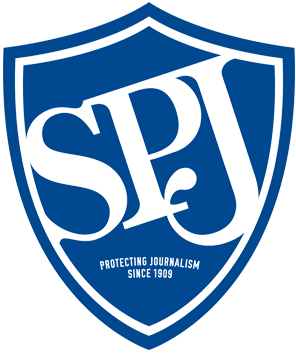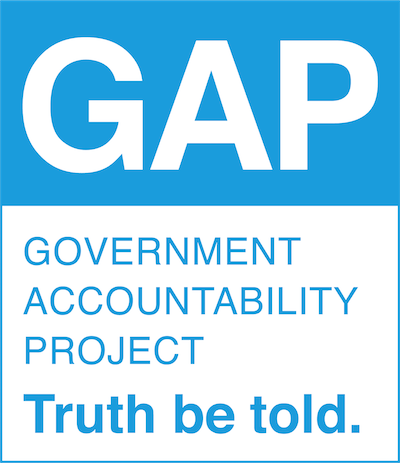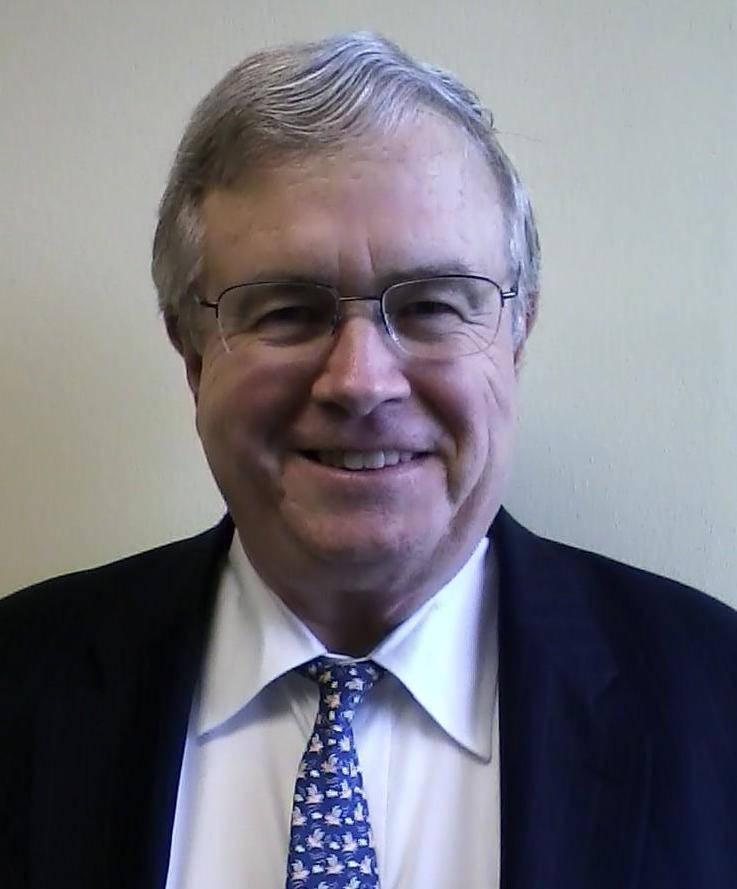The Whistleblower Project


– Introduction
– A Call to Action: Whistleblower Protection Legislation
If passed, these laws would help improve protection for whistleblowers.
Whistleblower Basics
– The Law and Whistleblowing
Deciphering the laws dealing with whistleblowing is complicated, but we hope this will help.
– Whistleblowers and Retaliation
Those who expose wrongdoing can face job loss, lawsuits or even prison.
– Leaking vs. Whistleblowing
Can you spot the difference between a leaker and a whistleblower? It may be trickier than you think.
– Nine Organizations That Work With and Help Whistleblowers
Best Practices for Journalists
– Source Protection and Anonymity for Whistleblowers
In political journalism, there’s a debate over allowing sources to talk to you off the record, in order to keep the access pipeline flowing. Anonymity and the ethics of it can also be complicated in situations beyond scoring political points.
– Whistleblowers and Reporters: Trust
Here are some best practices to follow when working with a whistleblower on a story.
– Technology Can Help Whistleblowers Communicate Anonymously
The ways that reporters and whistleblowers communicate is evolving. The introduction of secure communications has become necessary as journalists try to protect their sources, all the while trying to guarantee the information is secure.
– Anonymity: Not Always the Possible, Nor Always the Best, Strategy
Many whistleblowers want to disclose information about trouble in their workplaces while maintaining their anonymity. However, the vast majority of whistleblowers — more than 95 percent — try to solve their problems internally first.
– When Working with Whistleblowers, Same Ethical Journalism Principles Apply
Government Accountability Project’s “Working with Whistleblowers: A Guide for Journalists” details best practices for working with whistleblowers.
Voices
– Kathryn Foxhall: Good whistleblowing simply needs free speech
During the last 25 years it’s become an accepted norm for government, business, nonprofits and other organizations to prohibit employees to ever communicate with journalists without notifying and being overseen by the authorities, often public information officers. The restrictions are intense, highly effective censorship. The Society of Professional Journalists has made opposing them a priority.
– Jesselyn Radack: Challenges in Defending National Security Whistleblowers
War crimes, mass surveillance, torture: some of the biggest stories in modern history relied on whistleblowers in national security and intelligence agencies. They came forward at great risk to expose the truth.
– Nick Schwellenbach: The Modern Politics of American Whistleblowing
Insiders Valued More Highly in U.S. Society, But Still Face Perils.
 Thomas Tamm was a Justice Department attorney in the Office of Intelligence Policy and Review (OIPR), where Tamm became aware of a program that bypassed the Foreign Intelligence Surveillance Act (FISA) court. After Tamm's inquiries about the program repeatedly ran into walls of silence, he contacted The New York Times, which in 2005 ran an explosive Pulitzer Prize-winning cover story about President George W. Bush’s warrantless wiretapping program.
Get the full details of Thomas's story, along with 24 other times whistleblowers changed history.
Thomas Tamm was a Justice Department attorney in the Office of Intelligence Policy and Review (OIPR), where Tamm became aware of a program that bypassed the Foreign Intelligence Surveillance Act (FISA) court. After Tamm's inquiries about the program repeatedly ran into walls of silence, he contacted The New York Times, which in 2005 ran an explosive Pulitzer Prize-winning cover story about President George W. Bush’s warrantless wiretapping program.
Get the full details of Thomas's story, along with 24 other times whistleblowers changed history.
Features
– Mary Willingham: An Attempt To Make The College Athletic System Better For Athletes
Mary Willingham talks about why she spoke out about the treatment of college athletes at North Carolina and why — despite death threats from college sports enthusiasts — she would do it again.
– Megan Wood: Reporting with Purpose
Megan Wood talks about why she looked into San Diego Christian College’s missing $20 million in expenses and how whistleblowers make a difference in their communities.
– Richard Bowen: Blowing the Whistle on Defective Mortgages
While evaluating $90 billion of mortgages Citigroup was buying from Countrywide and other lenders, former Citigroup vice president Richard Bowen tried to warn company leaders and board members about the rise in defective mortgages. In 2010 he testified before the Financial Crisis Inquiry Commission. Here, in Bowen’s words, is what happened next.
– Craig Watts: Typical American Farmer Risks Career to Reveal Inhumane Conditions at Chicken Farms
Craig Watts was a typical American farmer with three kids, two dogs, and a barn full of chickens. That all changed though when he decided to show the public the conditions chickens, sold by Perdue farms, were being raised in.
Credits
Meet the Project Team
The guide is a short read and focuses on what a whistleblower is, the laws that exist pertaining to them and tips when working on a story involving a whistleblower.
“Working with employee sources who are uniquely credible is a powerful way to access information, especially in this administration, which is clamping down on what is made publicly available,” Dana Gold, Director of Education for GAP said.
So, what is a whistleblower?
According to the guide, the Whistleblower Protection Act (WPA) defines a whistleblower as an employee who discloses information, internally or externally, they believe shows a violation of law, rule or regulation, gross mismanagement or waste of funds, abuse of power, or a substantial and specific danger to public health or safety.
The WPA is the primary law that protects non-intelligence federal employees. When it comes to classified information or any information barred by statute from release, the WPA only protects disclosures made to the U.S. Office of Special Counsel, agency Inspector General or any employee designated by an agency chief to receive them.
Gold said she wanted journalists to know whistleblowing when the person isn’t in the national security space or handling classified information, is not a crime. According to the guide, only a small percentage of whistleblowers work in the intelligence community.
“The narrative that this kind of behavior is illegal is an attempt to chill this behavior,” she said. “You have a right to disclose this information.”
Information highlighted in the 36-page guide includes:
– More than 95% of whistleblowers try to solve the problem internally first, often only seeking external support after the problem fails to be addressed.
– No single law protects employees who disclose evidence of serious wrongdoing, instead, there are more than 60 federal statutes, in addition to state and local laws.
– Asking a source directly for classified documents can put a journalist at risk of prosecution. In the guide, GAP suggests journalists be careful even describing the information and how you obtained it.
Other tips in the guide focus on how you can work better with a whistleblower. The tips, which focus on trust, honesty, and transparency, are all core elements of the Society of Professional Journalists Code of Ethics.
Gold said the main message she wanted to reach journalists is that her organization, GAP, and others are available as a resource for the journalist and the whistleblower.
“We wanted to find a way to protect and empower both the journalist and the employees,” she said. “Journalists are the front line of the most important part of our democracy.”
To contact GAP call their main phone number 202-457-0034. The call will be forwarded to the correct person. Click here to read the complete guide [PDF].
Lynn Walsh is a freelance journalist, creating content focused on government accountability, public access to information and freedom of expression issues. She's also helping to rebuild trust between newsrooms and the public through the Trusting News Project. Follow her on Twitter and send her an email to collaborate on a possible project or hire her.
Next: Kathryn Foxhall: Good whistleblowing simply needs free speech